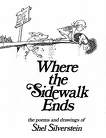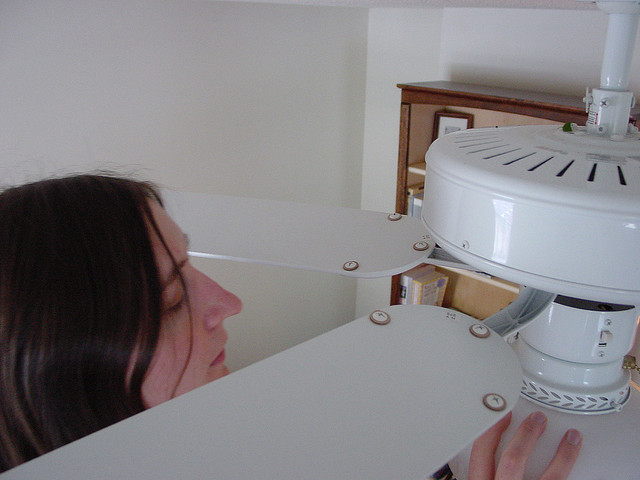Every cloudless morning as I drive to work, I’m treated to a most spectacular view of the early morning sun. Just as I turn a bend, it always hits me square in the eyes, making me hope there’s not a car coming the other direction.
More than once, I wished I had a camera with me.
Last autumn, K and I drove out to the Blue Ridge Parkway to watch the sun rise one Sunday morning.
Last night I hit on the brilliant and more convenient idea of K and I going on an early-morning walk here.

The sun, however, did not exactly cooperate. Nice colors, but nothing truly brilliant.







 In my “Currently Reading” pile of books lies Prenatal Parenting by Frederick Wirth, M.D. Most interesting so far have been the sections on fetal sensory development, particularly the development and growth of the auditory system. Wirth writes that at “twenty-two weeks of gestation the developing infant will respond to sounds from outside the womb. By twenty-eight weeks the infant responds to sound in very consistent ways.” (28) And so K talks to her walk driving to work, and I press my cheek to K’s belly nightly and tell our daughter how much we’re looking forward to meeting her.
In my “Currently Reading” pile of books lies Prenatal Parenting by Frederick Wirth, M.D. Most interesting so far have been the sections on fetal sensory development, particularly the development and growth of the auditory system. Wirth writes that at “twenty-two weeks of gestation the developing infant will respond to sounds from outside the womb. By twenty-eight weeks the infant responds to sound in very consistent ways.” (28) And so K talks to her walk driving to work, and I press my cheek to K’s belly nightly and tell our daughter how much we’re looking forward to meeting her. Often, it’s selections from Where the Sidewalk Ends, not so much because L will like it more — obviously, fetal brain development at this point is not that advanced — but because K likes Silverstein’s playful language.
Often, it’s selections from Where the Sidewalk Ends, not so much because L will like it more — obviously, fetal brain development at this point is not that advanced — but because K likes Silverstein’s playful language.


 At the day treatment facility where I work, we use the Teaching Family Model (see
At the day treatment facility where I work, we use the Teaching Family Model (see